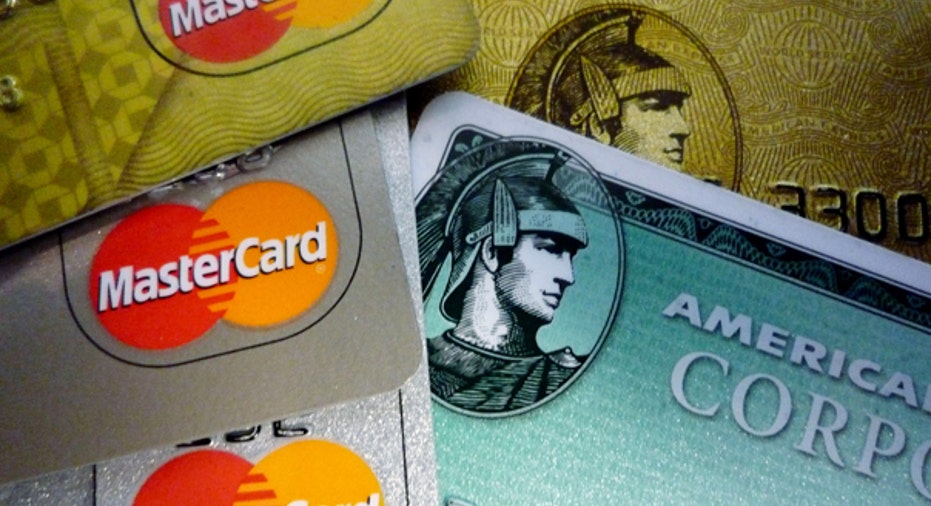You Can Run From Debt, But You Can't Hide From It

Dear To Her Credit,I was in an abusive relationship. I couldn't get anything out of him, so I'm leaving my debt behind. He knows where I'm going. Can I be traced for the debt? -- Kari
Dear Kari,Many times, money problems and relationship problems become so intertwined that it's hard to separate the two. That seems to be the case here. You're running away from abuse and -- no surprise -- financial problems are part of the problem.
You did the right thing leaving the bad relationship. Leaving debt, however, is not so easy. If you have debt in your name, moving doesn't get you out of it. You may not receive your bills for a time if you don't leave a forwarding address, or if you purposely stay with a friend or relative so you don't have your own address.But your bills will still be there. Legally, you still owe them.
If you pretend bills don't exist for months or years, you may think you got away with leaving them behind. Ignore those bills for months or years, however, and they'll grow faster than weeds in your absence. I've received letters from readers whose bills went up fivefold in a couple of years, thanks to late fees, interest expense and, eventually, court fees. Don't let that happen to you.
Your creditors will eventually find you, unless you completely withdraw from society or start a new identity. (And don't even consider doing that to dodge your debts!) How can they find you? Easily!
Here are just a few ways creditors can trace you:
- Online white pages. If you sign up for a new, listed phone number, a creditor or their agent can find you instantly.
- Public records. Buying a house, for example, is a matter of public record. Creditors used to have to go to the courthouse to find this information. Now it's keystrokes away on county websites.
- Not-so-public records. Firms such as Spokeo.com gather information about you from various places on the Internet and provide it to anyone who is interested. Spokeo lets you opt out, which I've done, and I highly recommend. Other "people search" sites do not.
- Facebook. Like to chat online or keep up with your friends on social networking sites? Unless you have your privacy settings clamped down extremely well, a creditor can search for you, find out where you live, and check out your vacation photos. Debt collectors may even publicly shame you on Facebook in their collection efforts. (Debts or no debts, you should always have your photo albums, Facebook wall and other personal pages set so only friends can see them.)
- Real-life humans. Creditors can and do talk to neighbors, co-workers and relatives to try to find debtors. Many people-search websites provide information on next-door neighbors and relatives, just to make it easier. And don't rule out your ex spilling the beans. He has every motivation to send creditors in your direction.
The point is not how to hide from your bills. As you can see, that's next to impossible. You certainly can't start living the productive, peaceful and fulfilling life you deserve and try to hide from debt collectors at the same time. Further, unresolved debts can trash your credit score and make it more difficult for you to rent an apartment, get a job, buy a house or get credit you need.
There's only one way out of debt: Face debts, don't run from them. If you need help facing your debts and figuring out how to deal with them,get the right kind of help and get it fast! I recommend finding a nonprofit agency affiliated with the National Foundation for Credit Counseling or the Association of Independent Consumer CreditCounseling Agencies. Or, there may be someone in your family, church or circle of friends who can look at your situation with you.
You're the one in control of your new, independent life.Make the most of it, and take care of your credit!
More from CreditCards.com:



















